Keywords: APC, Open access, REF, Repositories, Journals, Outputs.
APC and subscription-based models have their specific yet intersecting merits. Here in the UK, several aspects of publications have been repositioned during the last REF2021 census period. Lord Stern review led to several key changes, especially in terms of reporting research. Although the costs of APCs are high, HEIs have ringfenced QR funding to support outputs in quartile two and above through an internal review process. Similarly, publishers have institutional partnerships where partial or full waivers are offered. Several reputable publishers have introduced incentives to waive or partially waive APCs, for example, by contributing to the review process, participating as editors, and recommending high-quality manuscripts in terms of originality, significance, and academic depth.

APC route, for example, Creative Commons CC BY, offers many benefits to researchers, academics, and especially early career researchers in terms of flexibility of literature use as compared to traditional publication processes, such as the complexity and costs associated with permission to use or reuse infographics, including authors’ own results and images where copyright transfer has occurred. On the other hand, APCs provide an opportunity for wider availability of research to be read, used, and applied within research contexts where funding for subscription-based models is not generous or sometimes limited. Making preprint peer-reviewed and accepted author version manuscripts available on institutional repositories is a better alternative to APCs.
Traditional and legacy practices could benefit from dialogue and consideration; publishers’ subscription models could be diversified for greater inclusivity by offering variations in subscription fees based on certain metrics such as a country’s GDP or RPI. Revenues generated from both subscription and APCs should be more transparent, with figures available to public and open to stakeholders feedback. Profits should be reinvested in discounted subscription fees for HEIs, funding research through RC UK initiatives and similar programmes, and supporting early and mid-career researchers.
Another aspect which is not usually discussed is that traditionally, journals editorial teams, especially editors and chief editors, serve in their roles for prolonged periods. Although unintended, this inadvertently limits opportunities for diversity, inclusion, and equal opportunities for a diverse community of researchers worldwide. New thinking is needed to change the structure of publishers’ journal editorial teams to meet twenty-first-century needs. Some initial measures could include: (i) open calls for expressions of interest in editorial team roles, including editors and chief editors, (ii) transparent recruitment based on person specifications, and (iii) a maximum two-year tenure in the role. Subscription fees and APC revenue, combined with alternative grants from research councils and charities, could be used to incentivise engagement with the publishing process, from editorial board participation to contributing to the review process.
Zulfiqar A Khan
Professor of Design, Engineering & Computing
NanoCorr, Energy & Modelling (NCEM) Research Group Lead
Email: zkhan@bournemouth.ac.uk
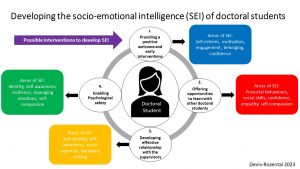
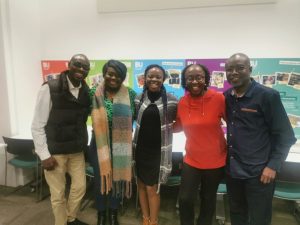

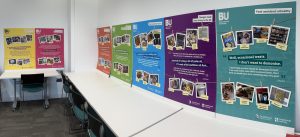



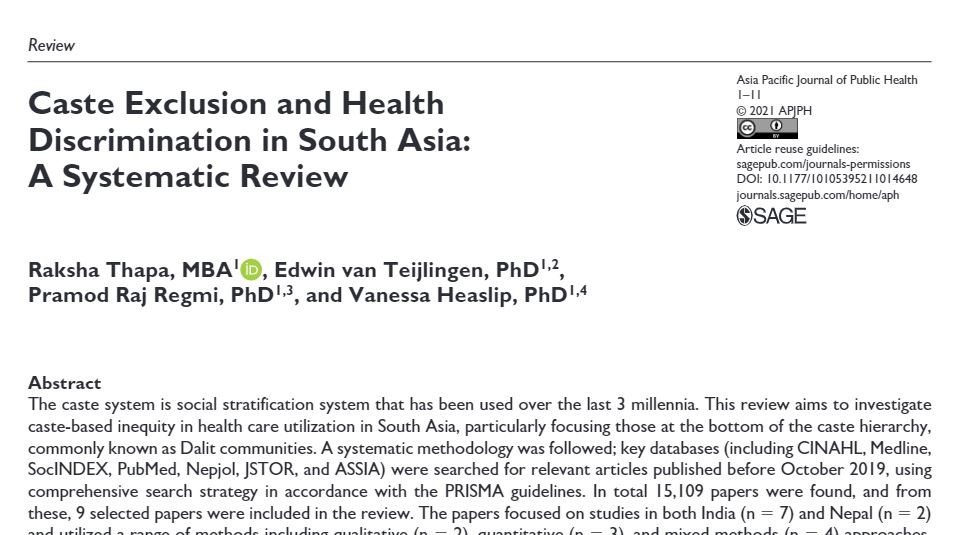
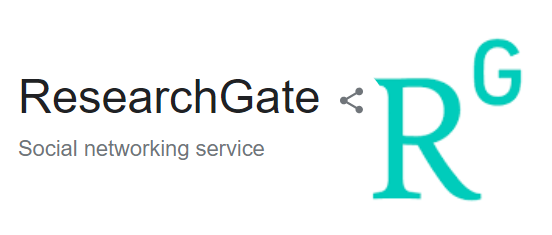
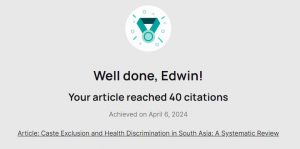
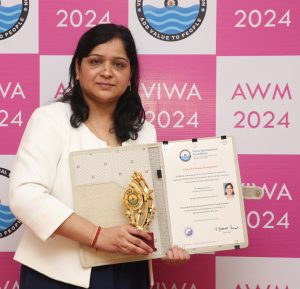


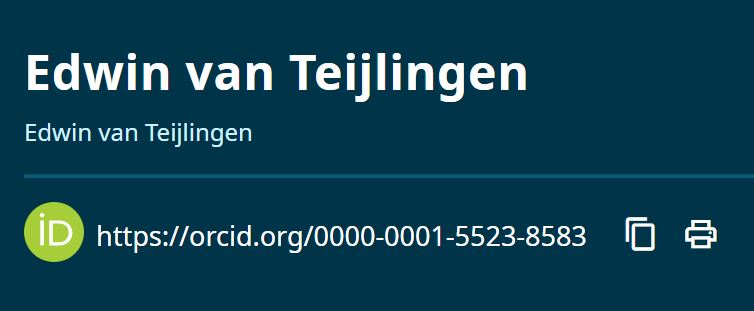

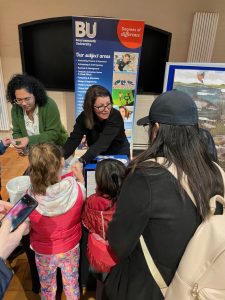 The annual Family Science Day in Dorchester on Sunday, 17th March 2024, was a vibrant celebration of the British National Science Week. This free event aims at making science accessible and engaging for families, providing a platform for learning and discovery in a fun and interactive way. With an attendance of 800 enthusiastic visitors, the event showcased 20 hands-on science stalls. BU was represented by staff, undergraduate and postgraduate students, and postdoctoral researchers. Contributors included Demetra Andreou (Fish Through Time), Amanda Korstjens (Voices in the Jungle), and Genoveva Esteban (Hidden World of Microbes), alongside Kirthana Pillay (postdoctoral researcher) and undergraduate students Dan Stevens and Jacob Tate from the Department of Life and Environmental Sciences. Xun He (Head of MINE Research Cluster, Psychology) and Fred Charles (Head of Department for Creative Technology) led a stall on Measuring Social Behaviour with VR & Brainwaves, with assistance from PhD student Damla Kuleli, research assistant Charlie Lloyd-Buckingham, and BU alumnus Rianna Green. BU Student Ambassador Lily Bater provided exceptional support throughout the day.
The annual Family Science Day in Dorchester on Sunday, 17th March 2024, was a vibrant celebration of the British National Science Week. This free event aims at making science accessible and engaging for families, providing a platform for learning and discovery in a fun and interactive way. With an attendance of 800 enthusiastic visitors, the event showcased 20 hands-on science stalls. BU was represented by staff, undergraduate and postgraduate students, and postdoctoral researchers. Contributors included Demetra Andreou (Fish Through Time), Amanda Korstjens (Voices in the Jungle), and Genoveva Esteban (Hidden World of Microbes), alongside Kirthana Pillay (postdoctoral researcher) and undergraduate students Dan Stevens and Jacob Tate from the Department of Life and Environmental Sciences. Xun He (Head of MINE Research Cluster, Psychology) and Fred Charles (Head of Department for Creative Technology) led a stall on Measuring Social Behaviour with VR & Brainwaves, with assistance from PhD student Damla Kuleli, research assistant Charlie Lloyd-Buckingham, and BU alumnus Rianna Green. BU Student Ambassador Lily Bater provided exceptional support throughout the day.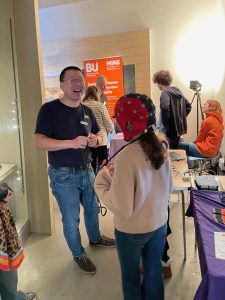
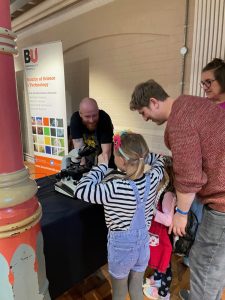
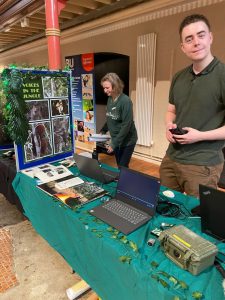
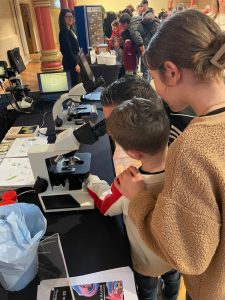
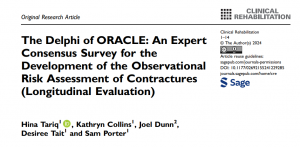 Summary: This paper used the Delphi method to provide expert consensus on items to be included in a contracture risk assessment tool (ORACLE). The items were related to factors associated with joint contractures, appropriate preventive care interventions, and potentially relevant contextual factors associated with care home settings. The promise of a risk assessment tool that includes these items has the capacity to reduce the risk of contracture development or progression and to trigger timely and appropriate referrals to help prevent further loss of function and independence.
Summary: This paper used the Delphi method to provide expert consensus on items to be included in a contracture risk assessment tool (ORACLE). The items were related to factors associated with joint contractures, appropriate preventive care interventions, and potentially relevant contextual factors associated with care home settings. The promise of a risk assessment tool that includes these items has the capacity to reduce the risk of contracture development or progression and to trigger timely and appropriate referrals to help prevent further loss of function and independence.
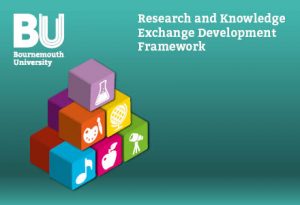 BRIAN (Bournemouth Research Information And Networking) is BU’s publication management system.
BRIAN (Bournemouth Research Information And Networking) is BU’s publication management system.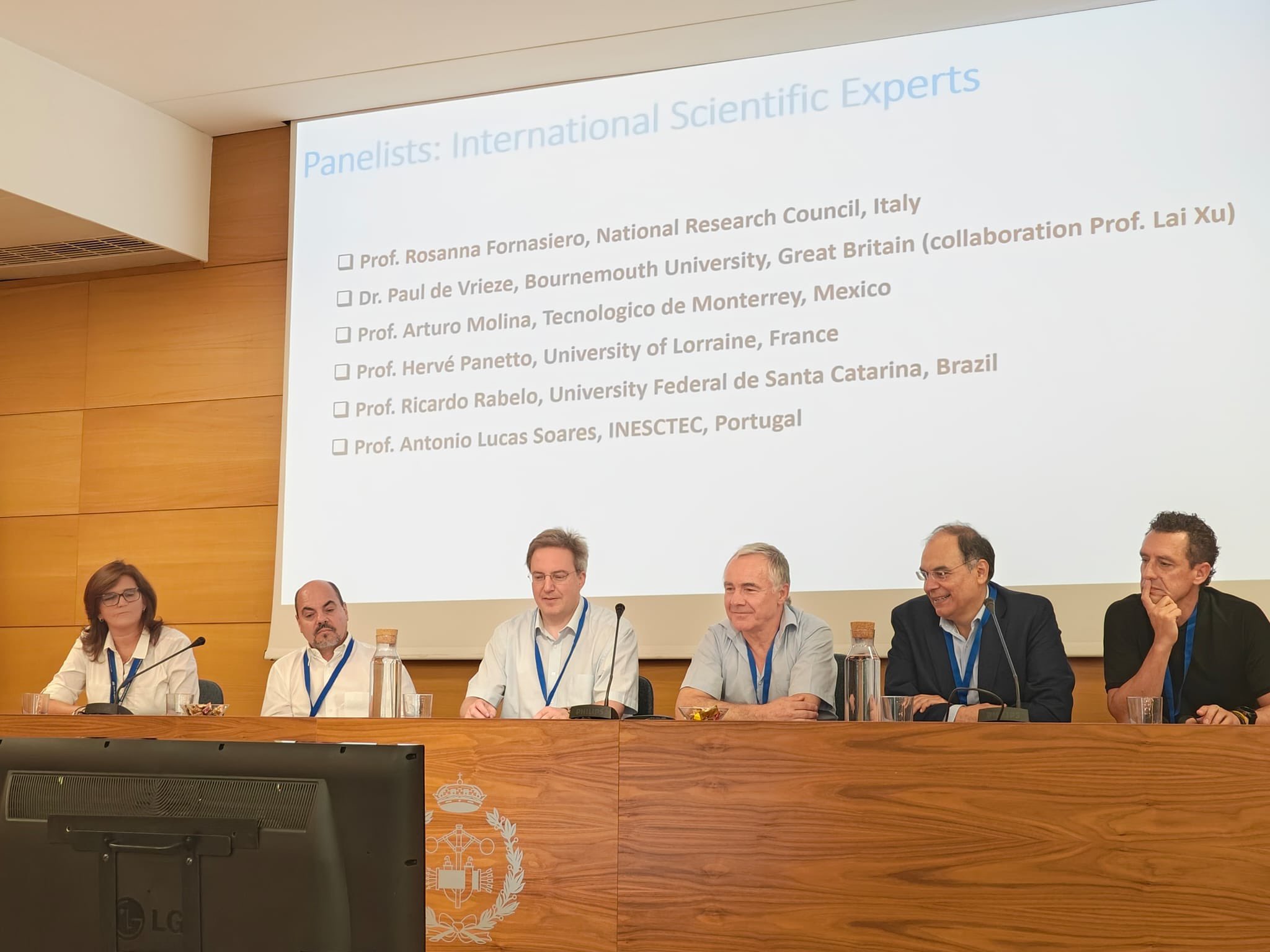
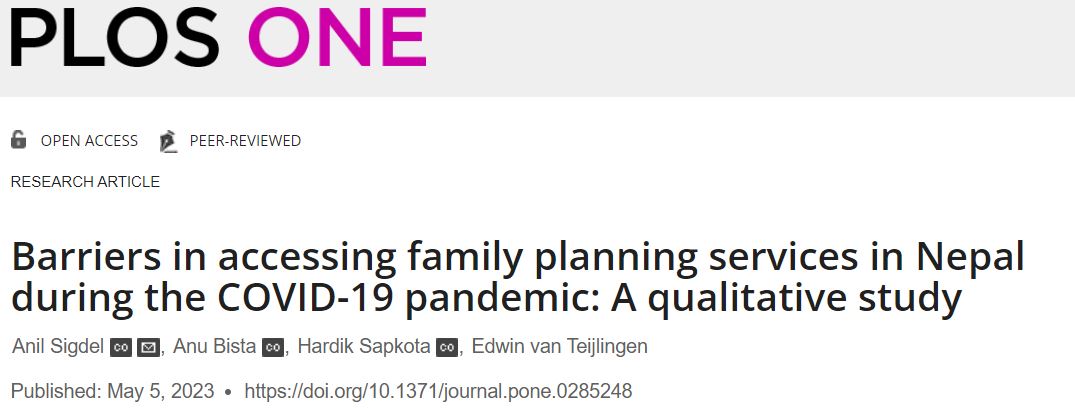
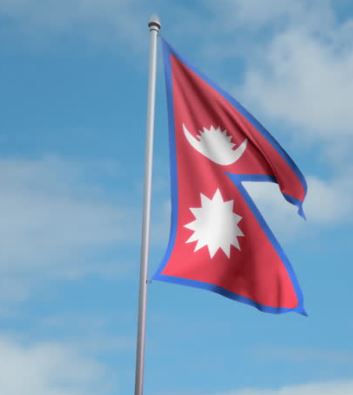

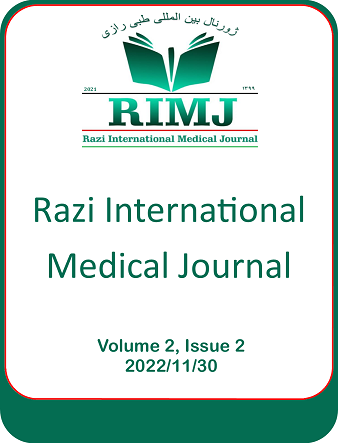











 Nursing Research REF Impact in Nepal
Nursing Research REF Impact in Nepal Fourth INRC Symposium: From Clinical Applications to Neuro-Inspired Computation
Fourth INRC Symposium: From Clinical Applications to Neuro-Inspired Computation ESRC Festival of Social Science 2025 – Reflecting back and looking ahead to 2026
ESRC Festival of Social Science 2025 – Reflecting back and looking ahead to 2026 3C Event: Research Culture, Community & Cookies – Tuesday 13 January 10-11am
3C Event: Research Culture, Community & Cookies – Tuesday 13 January 10-11am Dr. Chloe Casey on Sky News
Dr. Chloe Casey on Sky News ECR Funding Open Call: Research Culture & Community Grant – Application Deadline Friday 12 December
ECR Funding Open Call: Research Culture & Community Grant – Application Deadline Friday 12 December MSCA Postdoctoral Fellowships 2025 Call
MSCA Postdoctoral Fellowships 2025 Call ERC Advanced Grant 2025 Webinar
ERC Advanced Grant 2025 Webinar Horizon Europe Work Programme 2025 Published
Horizon Europe Work Programme 2025 Published Update on UKRO services
Update on UKRO services European research project exploring use of ‘virtual twins’ to better manage metabolic associated fatty liver disease
European research project exploring use of ‘virtual twins’ to better manage metabolic associated fatty liver disease